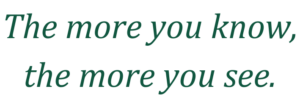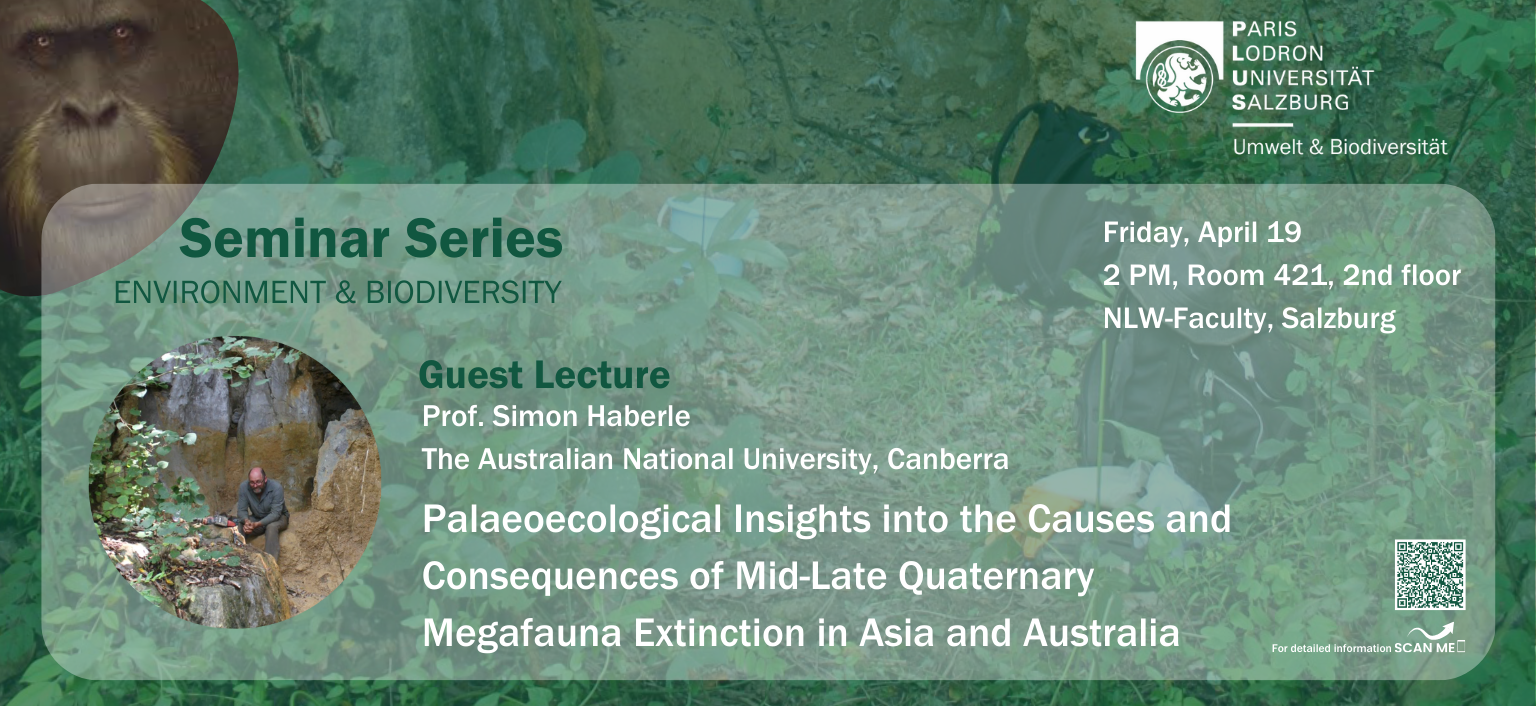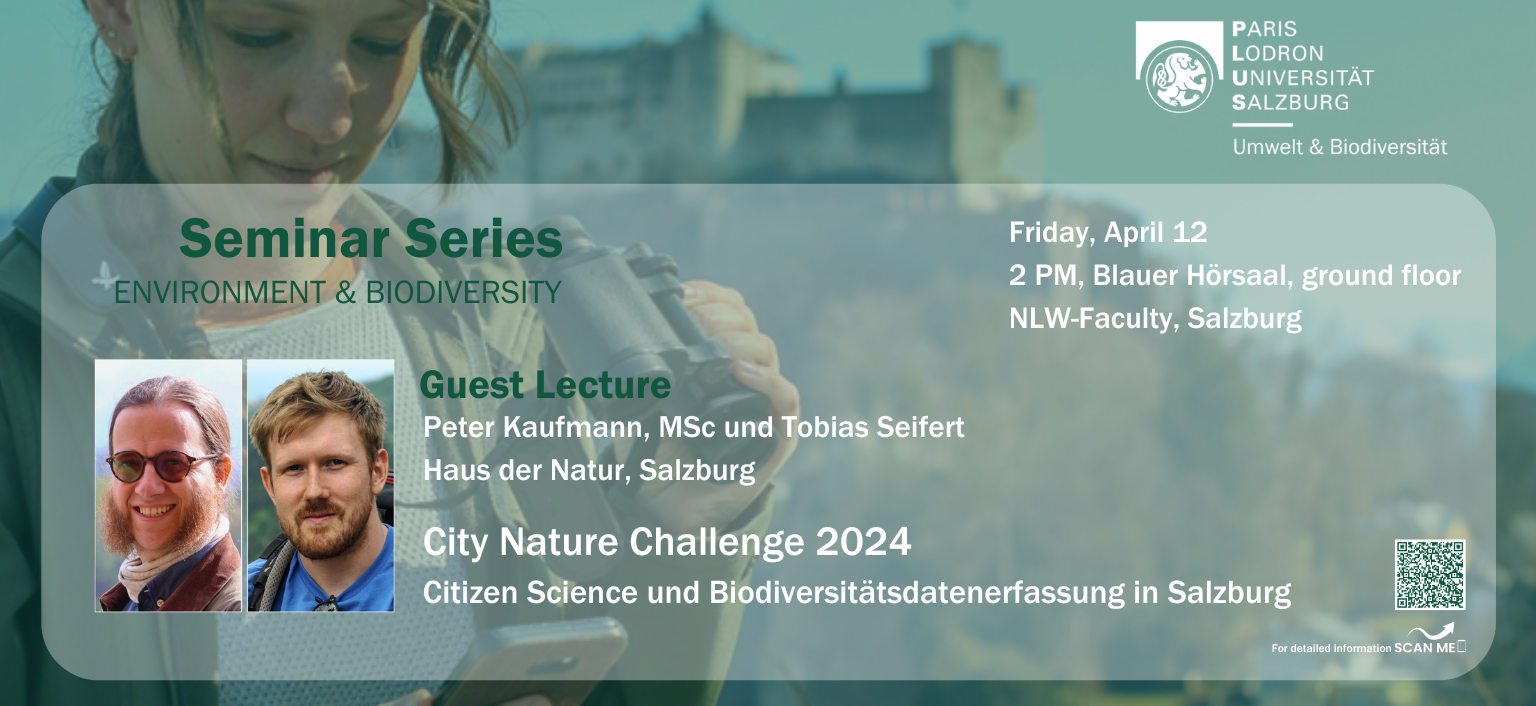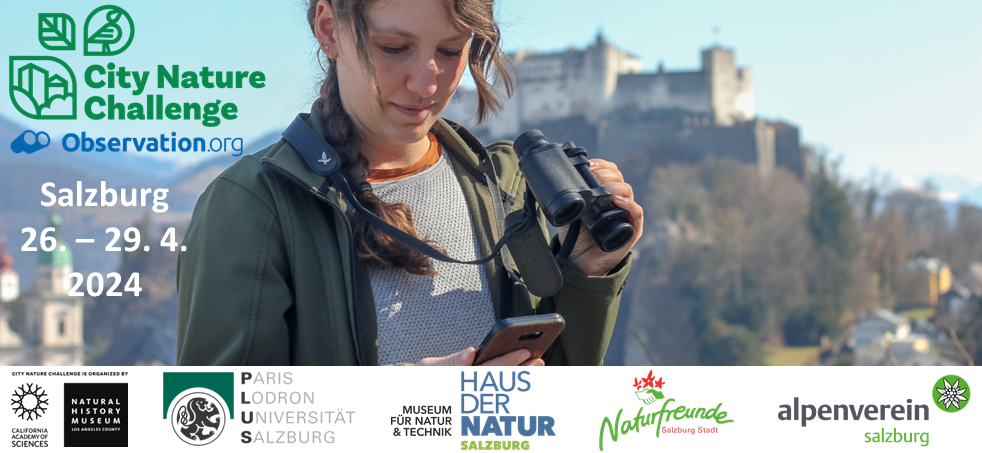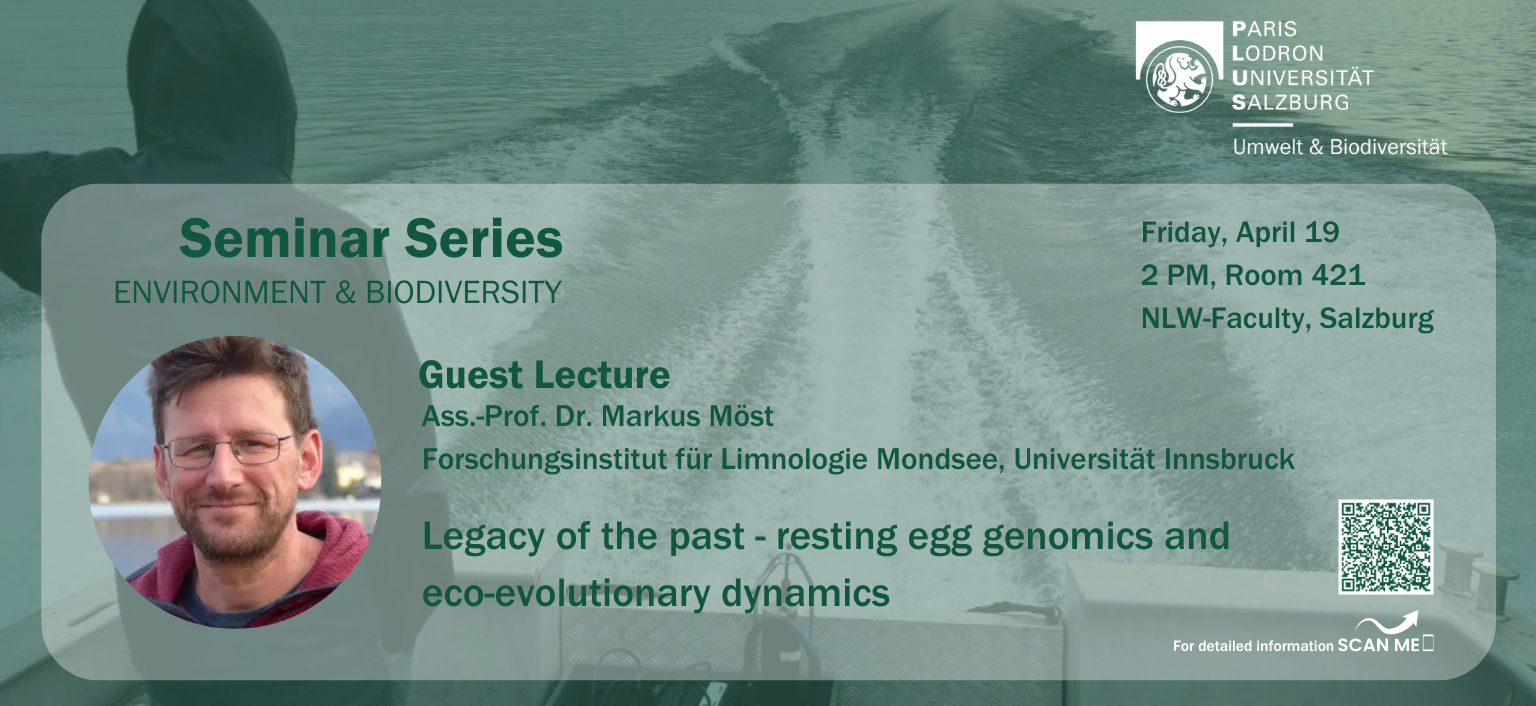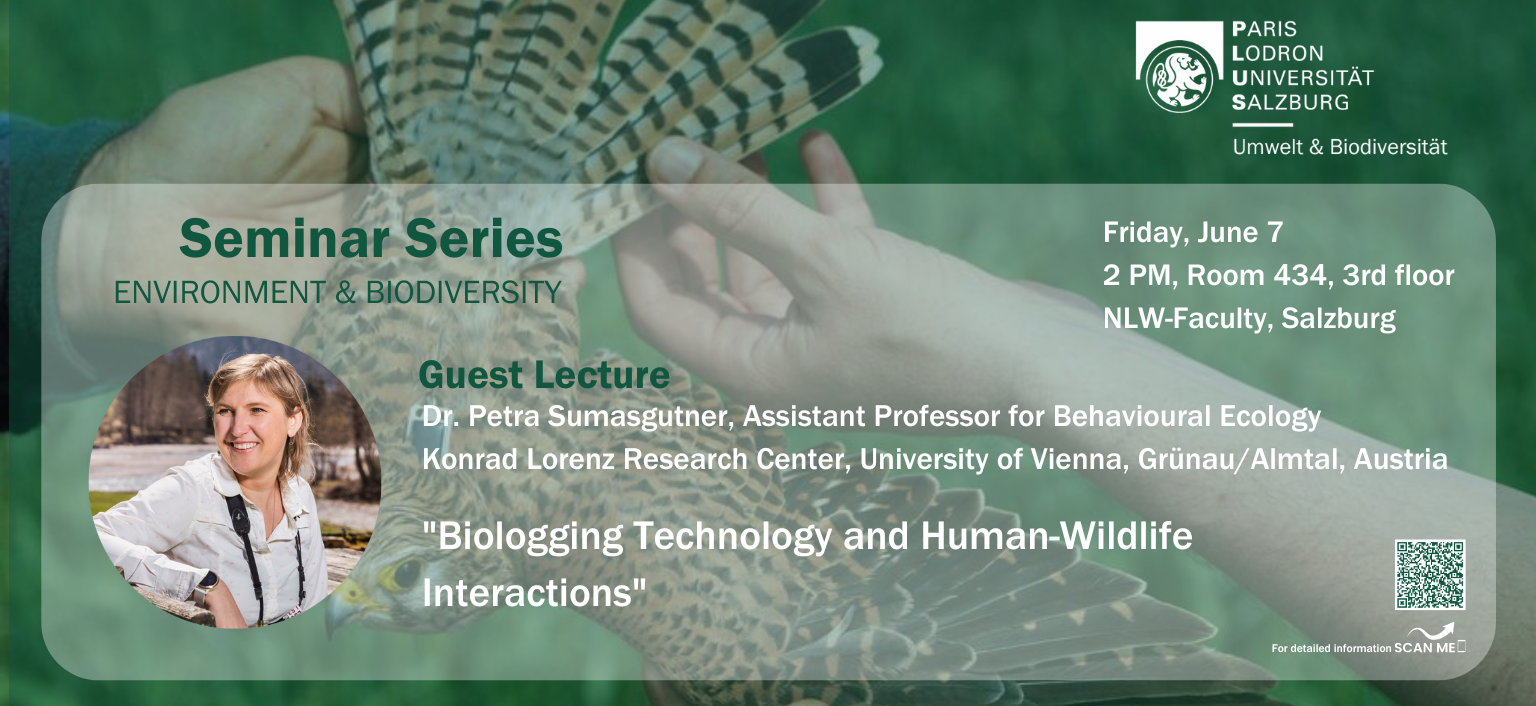Was ist die Seminarreihe Umwelt & Biodiversität?
Hier werden aktuelle Forschungsergebnisse aus den Bereichen der Evolutionsbiologie, Ökologie, zu Klimawandeleffekten, Umweltthemen und Biodiversitätstrends vorgestellt. Diese Seminarreihe ist eine öffentliche Veranstaltung, und richtet sich sowohl an das wissenschaftliche Personal als auch an Studierende sowie außeruniversitäre Gäste. Wir laden herzlich zur Teilnahme ein!
Trage dich in unseren Newsletter ein und verpasse keinen Termin!
Schick uns eine kurze Info via Kontaktformular und wir nehmen dich in den Verteiler auf.
Für das kommende Wintersemester 2024.25 haben wir schon wieder spannende Vorträge geplant und auch noch ein paar freie Slots in unserem Terminkalender. Bei Interesse, im Rahmen unserer Seminarreihe einen Vortrag zu halten, bitten wir um eine Nachricht via Kontaktformular. Wir freuen uns!
Die ersten neuen Termine erscheinen hier in Kürze.
Rückblick: Das waren unsere Vorträge im Sommersemester 2024!
Freitag, 15. März 2024, 14:00 Uhr, HS 421 (2. OG)
Prof. Simon Haberle
The Australian National University, Canberra
Palaeoecological Insights into the Causes and Consequences ofMid-Late Quaternary Megafauna Extinction in Asia and Australia
Mid-Late Quaternary megafauna extinctions have long intrigued researchers seeking tounderstand the causes and consequences of these significant ecological events. What role didfluctuations in climate, shifts in vegetation composition, alterations in habitat distribution, andthe impact of human settlement play in megafauna extinction? One way to help us betterunderstand the role of environmental change in the extinction process is to usepalaeoecological techniques (pollen, spore and charcoal analysis) combined with well resolvedgeochronological estimates to reconstruct palaeoenvironmental conditions that occur before,during, and after past megafauna extinctions. Here I present two palaeoecological case studiesthat provide insights into megafauna extinction in Asia and Australia: (i) the largest everprimate and one of the largest of the southeast Asian megafauna, Gigantopithecus blacki, thatpersisted in China from about 2.0 million years until the late middle Pleistocene when itbecame extinct, well before the appearance of Homo sapiens on the landscape, and (ii) themultiple extinctions of megafauna that occurred across Australia around 50,000-40,000 yearsago that coincide with a time when people were present across the Australian landscape. Thispresentation underscores the importance of interdisciplinary approaches integratingpalaeoecological, geochronological, archaeological, and climatological perspectives to unravelthe complexities of past megafauna extinctions and inform strategies for mitigating futurebiodiversity crises.
Vortragssprache: Englisch
Research field: Natural History & Palaeoecology
Host: Univ.-Prof. Dr. Andreas Lang
Zum Profil von Prof. Simon Haberle
Freitag, 12. April 2024, 14:00 Uhr, Blauer Hörsaal (EG)
Peter Kaufmann, MSc und Tobias Seifert
Haus der Natur, Salzburg
City Nature Challenge 2024
Citizen Science und Biodiversitätsdatenerfassung in Salzburg
Vom 26. bis 29. April 2024 nimmt Salzburg zum dritten Mal an der City Nature Challenge teil. Zusammen mit über 400 anderen Städten weltweit werden wir versuchen so viele Naturbeobachtungen wie möglich zu erfassen. Im vergangenen Jahr wurden in Salzburg 20.000 Beobachtungen von über 2.760 Arten gemeldet. Damit hat Salzburg erneut den zweiten Platz in Europa belegt. Im Zuge dieses Vortrages werden die Highlights der letztjährigen Challenge präsentiert. Außerdem werden die Funktionen von Observation.org sowie der zugehörigen Apps (ObsIdentify) vorgestellt. Citizen Science und Naturbeobachtung hat in Salzburg lange Tradition, sodass die Salzburger Biodiversitätsdatenbank derzeit knapp 2,5 Millionen Beobachtungen von Tieren, Pflanzen und Pilzen beinhaltet. Diese Daten wurden zu einem wesentlichen Teil von ehrenamtlichen Naturbeobachter:innen erfasst. Die Bedeutung dieser Daten und ihre Anwendung im praktischen Naturschutz und der Forschung werden anhand einiger Beispiele veranschaulicht. Durch Teilnahme an der City Nature Challenge zeigen wir nicht nur wie artenreich Salzburg ist, sondern leisten auch einen wertvollen Beitrag zur Erforschung und Dokumentation der Natur Salzburgs.
Vortragssprache: Deutsch
Host: Univ.-Prof. Dr. Ulrike Berninger, Assoz.-Prof. Dr. Jana Petermann
Freitag, 19. April 2024, 14:00 Uhr, HS 421 (2. OG)
Ass-Prof. Dr. Markus Möst
Forschungsinstitut für Limnologie Mondsee, Universität Innsbruck
Legacy of the past – resting egg genomics and eco-evolutionary dynamics
In recent years, the potential importance of interactions of rapid ecological and evolutionary changes occurring at contemporary time scales has been received considerable attention, in particular in the context of global change. While the current period of global change, often also termed Anthropocene, is definitely not short of rapid ecological changes, it is unclear how frequent rapid evolutionary changes can follow ecological change and how they interact. Two factors facilitating rapid evolutionary changes are large population sizes – allowing for a larger number of mutations – and hybridization among diverged taxa – generating new allelic combinations and/or introducing adaptive alleles into a population. We, therefore, study the Daphnia longispina complex, comprising ecologically diverged and hybridizing water flea species to understand the consequences of hybridization for the evolution of this complex and eco-evolutionary dynamics in lake ecosystems. We have made use of whole-genome time series obtained from Daphnia resting eggs deposited in lake sediments to reconstruct recent cases of secondary contact and interspecific hybridization following anthropogenic habitat disturbance through cultural eutrophication in European peri-Alpine lakes. Currently, we are establishing isofemale lines collected from various peri-Alpine lakes, and geno- and phenotype them to test the consequences of rapid evolutionary changes on eco-evolutionary dynamics in lab and mesocosm experiments in the context of global change.
Vortragssprache: Englisch
Research field: Eco-Evolutionary Dynamics
Host: Assoz.-Prof. Dr. Stephen Wickham
Zum Profil von Prof. Markus Möst
Freitag, 17. Mai 2024, 14:00 Uhr, HS 414 (1. OG)
Guillermo Uceda Gómez, PhD candidate
Charles University, Prague, Department of Ecology
Tales from Africa: Sunbird-plant pollination interactions on Mount Cameroon
While much of our understanding of bird pollination biology stems from research on New World hummingbirds (Trochilidae), sunbirds (Nectariniidae), an African and East Asian bird family, have been comparatively understudied. Here, I present our findings on sunbird-plant interactions on Mount Cameroon. Situated along the Cameroon line, an active volcanic range extending from the island of Bioko to the Bamenda highlands and reaching Lake Chad, Mount Cameroon represents a biodiversity hotspot. Despite its tropical location, the mountain experiences distinct seasonality, with periods of water scarcity contrasting with heavy rainfalls.It also presents an almost pristine forest elevational gradient that ranges from 450 to 2200 m a.s.l, enabling researchers to test hypotheses regarding the level of specialization or generalization of the bird-plant interaction networks and how elevation and seasonality affect these network features. In addition, we have demonstrated how neutral and niche-based processes shape the observed interactions. We show how trait-matching becomes more critical during the rainy season, coinciding with the blossoming of ornithophilous flowers. Moreover, we demonstrate the validity of the bird-pollination syndrome as a predictive framework of plant visitation. Nonetheless, sunbird-plant interactions are highly asymmetrical. While sunbirds more frequently visit ornithophilous plants, they also visit a wide range of non-specialized plants. Nectar rewards are a better predictor of bird visitation on Mount Cameroon. Finally, we extended our research to the mountain grasslands (2200-3600 m a.s.l.), finding how the distribution of different pollinator morphotypes depends on elevation, with sunbirds being more prominent at middle elevations.
Vortragssprache: Englisch
Host: Francesca Guarino BSc, Sarah Marie Wagner BSc
Freitag, 24. Mai 2024, 14:00 Uhr, HS 421 (2. OG)
Assoz. Prof. Dr. Sabine Agatha
Dr. MSc. Maximilian Ganser
Paris Lodron Universität Salzburg
Fachbereich Umwelt und Biodiversität
A Multidisciplinary Approach for Investigating Ciliates (Alveolata, Ciliophora)
This presentation delves into the world of microscopic organisms, specifically marine planktonic ciliates, a group within the vast diversity of unicellular eukaryotes. We investigate various aspects of these minuscule cells through a multidisciplinary approach integrating genetic methodologies such as metabarcoding, phylogenetics, and transcriptomics, alongside microscopic techniques including light, scanning, and transmission electron microscopy. Our metabarcoding study revealed significant disparities in planktonic ciliate communities between Chinese and European coastal waters, indicating biogeographic patterns typically attributed to multicellular organisms. Based on morphological and molecular data, we established a novel genus within tintinnids, a group of ciliates known for their intricate vase-shaped loricae (shells), predominantly measuring less than a third of a millimetre in length. To facilitate the integration of molecular data with morphological analyses in taxon diagnoses, we developed the web-based tool DeSignate. Its application to detect signature characters in multisequence alignments is exemplified in a bioinformatic approach with data from marine planktonic ciliates. Despite unresolved phylogenetic relationships, our ultrastructural studies provide crucial insights into the lorica-forming tintinnid ciliates. We employed transmission and scanning electron microscopy to investigate the capsules, nano harpoons, as well as the variety of lorica wall structures, aiding in hypothesizing relationships. We were the first to ultrastructurally investigate a tintinnid resting cyst, revealing their ability to generate different wall materials to withstand adverse environmental conditions. Our current project focusses on understanding how tintinnids form their loricae. We volumetrically analysed the intracellular material and compared it with the final wall volume of the lorica, detecting astonishing differences. In a next step, transcriptomic analyses of single tintinnid cells are conducted to reveal tintinnid-specific gene families, potentially harbouring key genes in lorica formation. In essence, our journey through this microscopic world illuminates the fascinating intricacies of tintinnid biology, offering glimpses into the mechanisms underlying their remarkable adaptations and evolutionary relationships.
Vortragssprache: Englisch
Research field: Zoological Evolutionary Biology (Protistology)
Link zur Protistologie (FB Umwelt und Biodiversität)
Freitag, 7. Juni 2024, 14:00 Uhr, HS 434 (3. OG)
Dr. Petra Sumasgutner Assistant Professor for Behavioural Ecology
Konrad Lorenz Research Center, University of Vienna, Grünau/Almtal, Austria
©Giacomo dell‘Omo
„Biologging Technology and Human-Wildlife Interactions“
Raptors, owls and ravens have in common that they are avian predators or scavengers, and directly or indirectly interact with humans by competing for prey or by scavenging in anthropogenic landscapes. They also experience a relatively high level of (illegal) persecution, why they are often sensitive to human disturbances. They are relatively large bird species, and can easily carry biologgers that can record movement patterns and activity profiles in real time. My research group works internationally in such biologging projects, where we equip kestrels across Europe, eagles ranging from the urban landscapes of Durban South Africa (Crowned Eagles) to the alpine areas of Austria (Golden Eagles), Galapagos short-eared owls or Common ravens with GPS tags to mitigate human-wildlife interactions and to inform global conservation efforts.
Vortragssprache: Englisch
Research field: Behavioral and Cognitive Biology, Behavioural Ecology
Host: Dr. Beate Apfelbeck
Zum Profil von Prof. Dr. Petra Sumasgutner
Freitag, 21. Juni 2024, 09:00-18:00 Uhr, Raum C-006
Symposium im Rahmen der Ökologie und Evolution MSc und PhD-Seminare (LV 230.341 und 796.301)
Mündliche Präsentation der Masterarbeits- und Dissertationsprojekte durch die Seminar-Teilnehmer/innen.
Leider abgesagt!
Wir bemühen uns, den Termin zu einem späteren Zeitpunkt nachzuholen.
Freitag, 28. Juni 2024, 14:00 Uhr, HS 413 (1. OG)
Prof. Melanie Dammhahn
University of Münster, Institute of Neuro- and Behavioral Biology
Patterns and consequences of individual variation inlandscapes of fear: who takes the risk and does it matter?
To eat or to feed others – that is one of the most fundamental problems governing animal behaviour. Besides direct predation risk, the mere presence of predators might change prey foraging behaviour. This perceived predation risk varies in space and time creating a landscape of fear. Hitherto, landscapes of fear have been studied as species-specific layers, assuming that each individual of a species perceives the same risk. However, individuals differ in risk-taking behaviour. In this talk, I will present results of empirical studies in which we illuminated patterns and consequences of individualised landscapes of fear.
Research field: Behavioural Biology
Vortragssprache:Englisch
Host: Dr. Sophie von Merten
Zum Profil von Prof. Melanie Dammhahn
